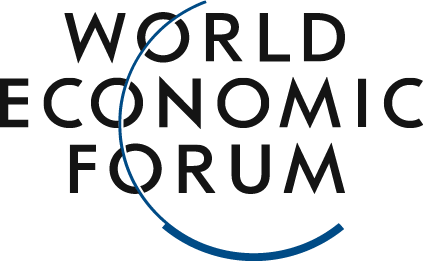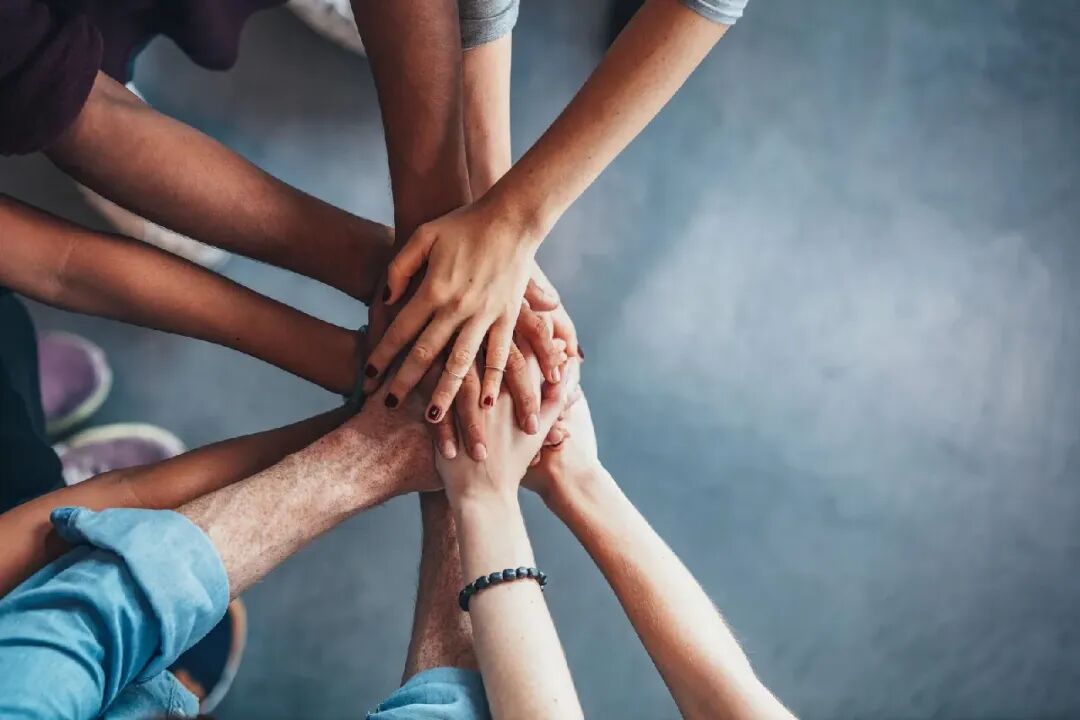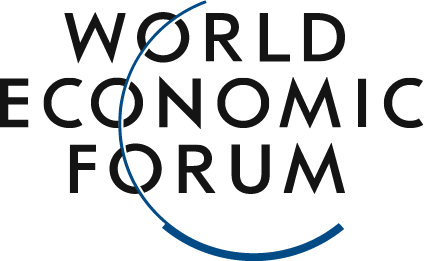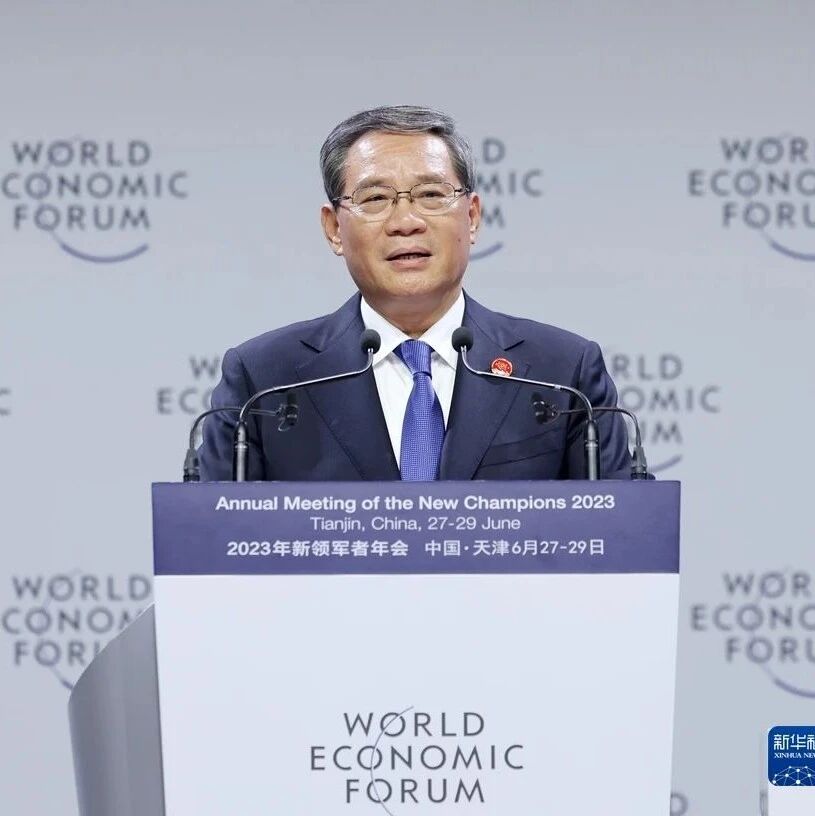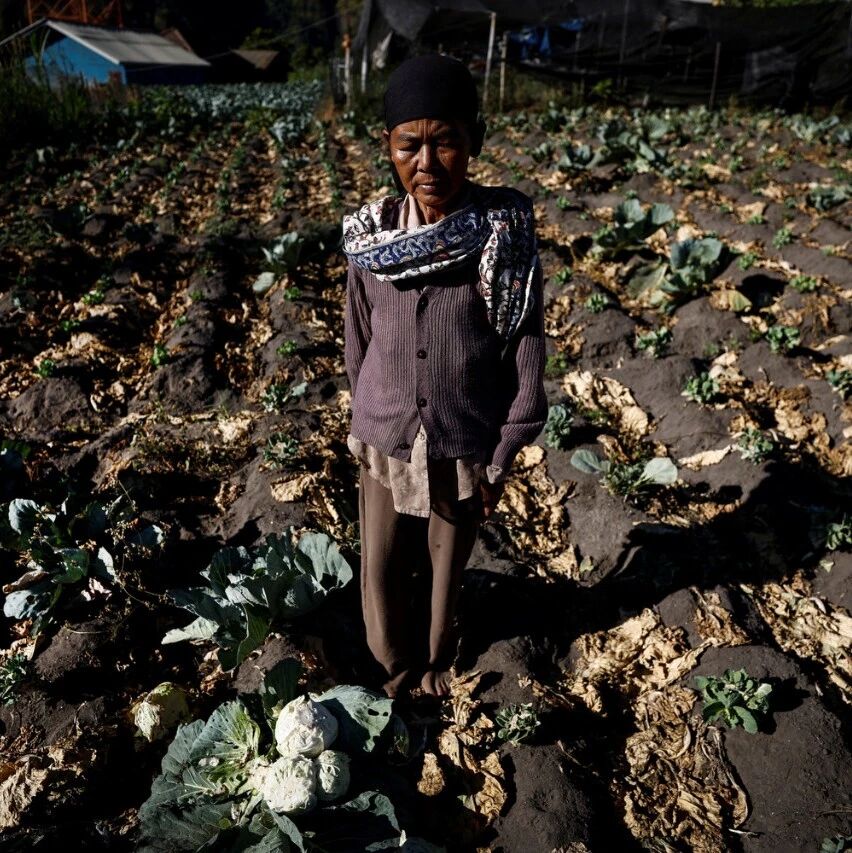Collaboration and youth-led solutions are key to addressing the global mental health crisis among young people.
Image source:Getty Images/iStockphoto
Elisha London
Founder and CEO of Prospira Global Company
One in seven young people worldwide faces mental health issues such as anxiety and depression.
To address the complex and diverse causes of mental health issues among adolescents and adults, youth-led solutions are key.
To this end, Lady Gaga’s "Born This Way" Foundation will invest $3 million to support youth-led mental health organizations as they make a difference around the world.
Globally, one in seven young people aged 10–19 suffers from mental health issues—primarily anxiety and depression—and most of them lack access to support services or treatment.Most mental health issues begin during adolescence, but a lack of support for young people can carry these problems into adulthood. This, in turn, exacerbates the growing societal and personal consequences of adult mental health challenges, costing the global economy £1 trillion annually.People often tell young people that the reasons behind their struggles are simple: they play too many computer games, they’ve fallen victim to smartphones and social media, or perhaps they’re just too sensitive—and not as resilient as previous generations.Over-simplifying the complex factors that affect our mental health may help sell books and fill media gaps—but it fails to reflect global realities and leaves us no closer to finding effective solutions.Youth-led mental health solutions for teensAmong the 168 million young people facing mental health challenges, nearly 90% live in low- and middle-income countries. Personal stress, bullying, social isolation, excessive use of social media, as well as external factors like climate change, poverty, globalization, conflict, and violence—both individual and collective—all contribute to the pressure on our mental well-being—and these effects are particularly severe for young people.Although addressing this issue requires investment, the World Health Organization reports that funding allocated to mental health accounts for just around 2% of global health spending—and a mere 0.5% of global philanthropic health funding.The challenge for investors and policymakers is to support evidence-based, effective solutions—especially those that are understood and led by young people themselves.These solutions should focus on reducing harm risk factors, such as minimizing the negative impacts of social media, improving interpersonal relationships, and addressing broader societal challenges like gender-based violence. It is also crucial to bolster protective factors like mental health literacy, foster a stronger sense of belonging, encourage peer support, or directly provide mental health resources—especially community-based support systems.Lady Gaga’s Born This Way Foundation showcased how it’s responding to these needs of young people around the world. Its Kindness in Community Fund has awarded $3 million to support 65 youth-focused projects across 10 countries. For the first time this year, the funding initiative extends beyond the United States. The Kindness in Community Fund prioritizes youth-led projects and will ultimately provide support to more than 75,000 individuals globally.Here are some of the cases currently in progress.Youth-led mental health organizationVoices of Hope (New Zealand)Voices of Hope shares powerful personal stories of individuals overcoming mental health challenges, using storytelling to inspire positive change and foster greater understanding. This initiative encourages people to seek help, provides access to valuable resources, and spreads a message of hope."Due to anxiety, I sometimes find it hard to talk to new friends, but thanks to Voice of Hope, which shares so much content on social media, I can connect with them anytime, anywhere. Since they’re all young people, I feel I can relate to them—and I truly believe they understand what it’s like to be a teenager today. These books are incredibly helpful to have at home; when I’m feeling down, I often bring *Letters to You* to school and read it whenever I start feeling anxious. It helps me calm down and regain my composure."Little Lions (South Africa)Little Lions trains and supports local role models aged 18–25 from resource-scarce communities to serve as mental health coaches, leading a program designed to enhance 8–12-year-old children’s understanding of mental health and resilience within their communities.Map of accommodation (Brazil)The Mapa de Acholhimento (Map Network) is a digital platform that empowers women aged 18–29 by connecting them with public services or volunteer psychologists and lawyers, helping them break the cycle of gender-based violence and regain their autonomy."I'm at the most pivotal moment of my life—transitioning from childhood to adulthood. The supportive network and the women I’ve met through the Map Network have made me realize I’m not alone in my struggles. Together, I’ll grow into an activist and a woman who thrives in a safe and empowering environment."Strong Brother Strong Sister (Australia)Strong Brother Strong Sister (Strong Family) is a Indigenous-led mentoring, sharing, and peer support group that provides a culturally safe and welcoming space for Indigenous children and youth to explore their traditions while fostering their social and emotional well-being.Volunteers with the Sati App listen to and provide support through an app targeted at people aged 20 to 35. The app fosters peer support, helps build understanding of mental health first aid, and offers users clinical support when needed.“As someone living with a mental health condition, the main challenge of receiving treatment in Thailand is the cost of each visit. Being able to afford these services is truly a privilege. Meanwhile, Sati Software offers a free support community for everyone—especially people like me—a safe space that’s crucial for early intervention.”"Half of the Story" is an evidence-based, school-based intervention co-designed by young people, aimed at helping youth understand and work toward digital well-being by fostering emotional regulation skills and fostering mindful digital habits.The Sister System provides comprehensive support to girls affected by caregiving, helping them navigate their early adulthood. Dedicated to empowering these girls to break free from abuse, the Sister System ensures they have equal opportunities—whether at home, in school, at work, or within their communities."Living with ten different families, bouncing between three care homes in London, and even spending time at a secure mental health facility in Kent—all of these experiences presented me with numerous challenges that could have easily led to negative emotions and self-destructive tendencies. Yet, thanks to the unwavering support and intervention of my sister system, I was able to find a positive path forward."Collaborating to Promote Mental HealthThis funding was made possible through a partnership with the Cotton On Foundation, where all proceeds from the collaboratively designed products were donated to youth mental health solutions. Young people from ten countries were invited to nominate local organizations that have made a meaningful impact in their communities. Selected organizations had to meet the following criteria: being youth-focused, rooted in equity and inclusivity, and providing accessible resources to their communities.These kinds of initiatives are essential measures to address the diverse needs of young people and support their mental health. They represent one of the largest global efforts yet to mobilize and allocate funding for effective solutions.Young people were involved in every stage of the process, from organizational recommendations to the final selection, and received support from mental health consulting firm Prospira Global to help bring about this new global collaboration.Young people understand the complex factors affecting their mental health better than anyone else. By listening to their voices and supporting the solutions they develop, we can drive progress in adolescent mental health worldwide.
The above content solely represents the author's personal views.This article is translated from the World Economic Forum's Agenda blog; the Chinese version is for reference purposes only. Feel free to share it on your social media circles—but please leave a comment below this post if you’d like to request permission for further reproduction.
Editor: Wang Can
The World Economic Forum is an independent and neutral platform dedicated to bringing together diverse perspectives to discuss critical global, regional, and industry-specific issues.
Follow us on Weibo, WeChat Video Accounts, Douyin, and Xiaohongshu!
"World Economic Forum"
